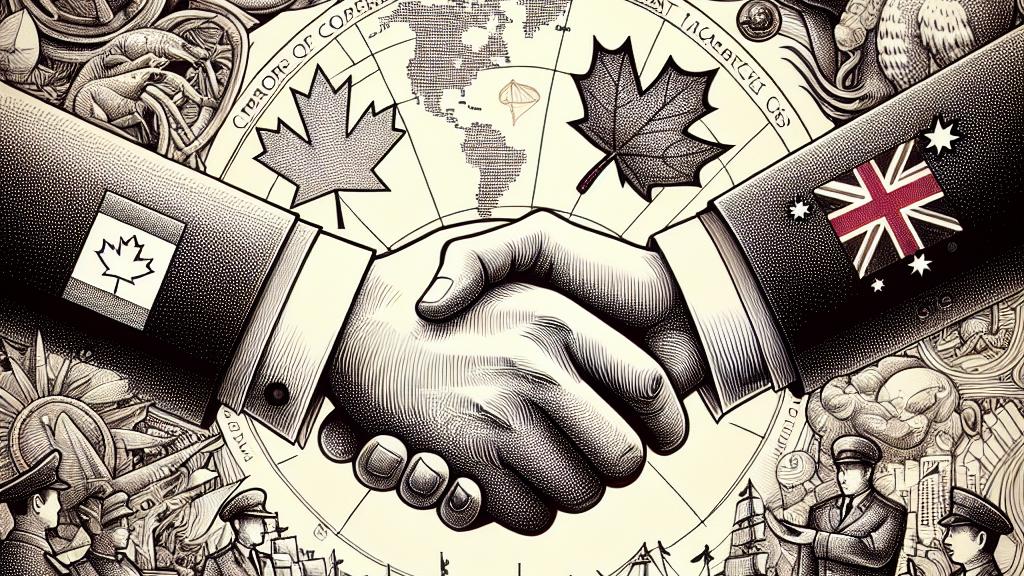Canada and Australia Unite: A Tactical Response to China's Maritime Moves!
Overview
- Canada and Australia strengthen military ties in face of China's assertiveness.
- Joint military exercises signify commitment to regional security.
- Rising tensions over South China Sea claims prompt international cooperation.

A Strategic Alliance Emerges
In an important development for international defense relations, Canada and Australia have announced enhanced military cooperation to address the growing challenges posed by China's aggressive maritime claims. On August 8, 2024, during a meeting in Vancouver, Canadian Defence Minister Bill Blair emphasized the need for unity in the Indo-Pacific region. He highlighted how China's attempts to redefine maritime boundaries and claims to the South China Sea have created significant security concerns for not only their nations but also for the region as a whole. Canada's commitment to working with Australia reflects a commitment to maintaining peace and order, illustrating the importance of democratic alliances in confronting coercive state behavior.
The South China Sea: A Hotbed of Tensions
The South China Sea has emerged as a critical area of conflict, where China's extensive territorial claims, particularly defined by the contentious 'nine-dash line', threaten the interests of several countries including Vietnam, the Philippines, and Taiwan. These nations, which have long contestations over the waters, are concerned about China's military developments and the recent construction of artificial islands. The situation has prompted the Philippines to participate in joint military exercises with Canada and the US, showcasing a united front against unilateral actions by Beijing. The collaborative military drills not only demonstrate a commitment to safeguarding international maritime law but also emphasize the importance of cooperative security measures among regional partners.
Global Security Dynamics in Flux
The partnership between Canada and Australia embodies a significant shift in global security dynamics as they seek to combat the pressures arising from China's assertive military posture. This evolving alliance has broader implications for how democratic nations respond to challenges posed by authoritarian regimes. With NATO's focus primarily on European threats, the efforts of Canada and Australia in the Indo-Pacific illustrate an emerging consensus that collective action is essential for maintaining stability. The commitment to joint operations, intelligence sharing, and defense readiness signals a transition toward a more collaborative approach in addressing crises, ultimately contributing to a more secure international environment amid rising great power competition.

Loading...